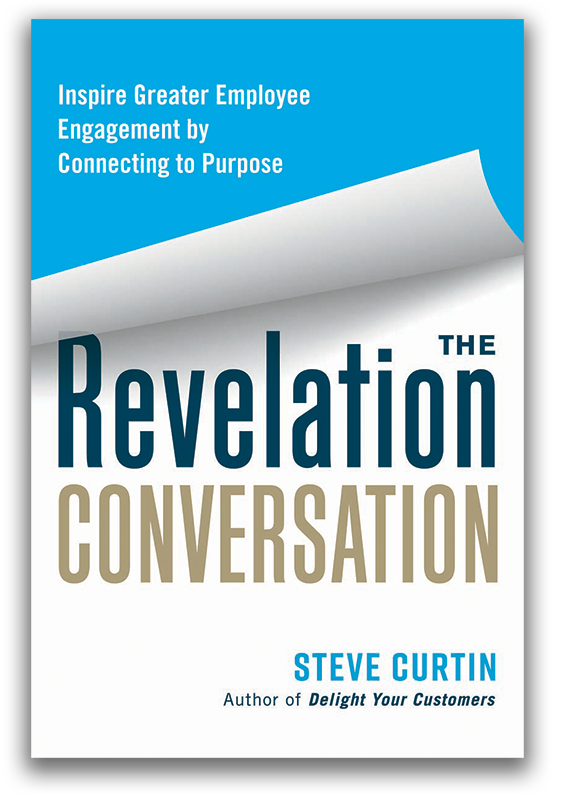 Employees will only be aware of job purpose (as a relevant and credible dimension of their job role) if leadership and, in particular, their immediate supervisor, reinforces it by communicating it daily—in words and deeds.
Employees will only be aware of job purpose (as a relevant and credible dimension of their job role) if leadership and, in particular, their immediate supervisor, reinforces it by communicating it daily—in words and deeds.
Most employees are unaware of their purpose—their highest priority—at work. If you were to ask, individually, five employees with the same job role WHAT they do and HOW they do it at work (job function: knowledge/skills), 80% of their responses would be aligned. If you were then to ask these same five employees, individually, WHY they do WHAT they do HOW they do it at work (job essence: purpose), in my experience, 80% of their responses will differ.
Immediate supervisors must reinforce job essence in the same way they currently emphasize job function in terms of performance management (e.g., feedback, coaching, evaluation, and recognition). Too often, the focus is exclusively on job function and job essence, one’s highest priority at work, is left to chance. Employees are subsequently trained to possess adequate job knowledge and demonstrate sufficient job skills in order to reliably execute assigned transactions, treating each customer like the one before.
Imagine that you are leading a group of volunteers who will be going door to door in an effort to collect donations for an important cause. While preparing the volunteers for their assignments, you are allowed to explain to them WHAT to do (e.g., share name of the charity and the cause it supports) and HOW to do it (e.g., canvass neighborhood, knock on doors, introduce yourself and the cause, provide a pamphlet, accept donations, and issue receipts) but you are not allowed to explain WHY the charity exists or share its purpose. If a person asks you, “Why does the charity exist?” or “Why are you volunteering your time in support of this cause?” your answer must be “I don’t know.”
How much money do you think you would collect? Sounds absurd, doesn’t it? It’s no different than—often unwittingly—withholding the WHY of an employee’s job role.
Most employees are conditioned to execute each transaction like the one before and, as a result, process each customer like the previous customer until the end of another routine and predictable shift. It’s only when they are made aware of the totality of their job role, which includes both job function and job essence, that employees can fulfill their true potential at work.
They can find meaning. They can support a cause. They can pursue a goal. They can realize a higher priority or purpose. They can, possibly for the first time, recognize WHY they do WHAT they do HOW they do it at work.
Illustration by Aaron McKissen.



